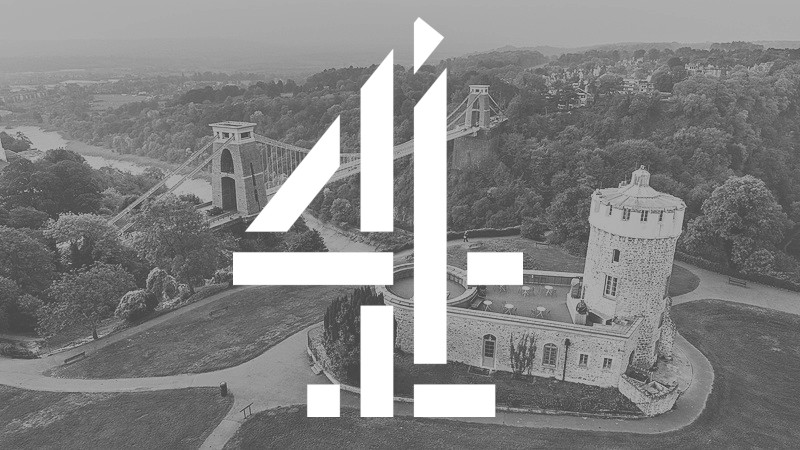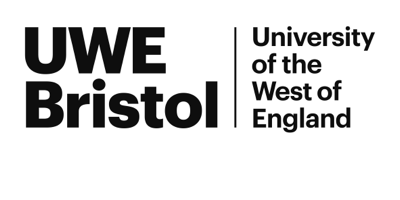Funded by the Bristol + Bath Creative R+D, and supported by Bristol City Council, this research project explores the impact of Channel 4’s move to the Bristol region, its context within national debates about the significance of creative industries to regional economies and cultures, and its effect on Channel 4’s commissioning processes. Channel 4’s move to Bristol in October 2019 as the location of one of its two ‘Creative Hubs’ is arguably the most significant event in the city’s screen history since the establishment of the BBC’s Natural History Unit in 1957. It was also important nationally as Channel 4’s move out of London was the latest episode in an ongoing attempt – which included the BBC’s partial move to Salford in 2011 – to increase the critical mass of regional screen production and lessen London’s dominance. These changes in the screen industry are themselves part of broader political and cultural debates about the need to rebalance the UK’s economy (‘levelling up’) and revitalise the regions. The move to Bristol has a wider regional significance because it has heightened the case for a ‘Western Gateway’ (Bristol-Cardiff-Newport), spurred by the removal of tolls on the Severn crossing. Channel 4’s CEO, Alex Mahon, announced that the broadcaster would look to strengthen the ties between Bristol and Cardiff.
This research project looks backwards and forwards. It provides a detailed analysis of the reasons behind the move, why Bristol’s bid was successful, and Channel 4’s strategies and objectives in establishing a Creative Hub in Bristol as part of its aim to strengthen and diversify regional representation. It evaluates the impact of Channel 4 on Bristol and the ways in which Channel 4 has been able to embed itself in the city’s media ecology, its cultural communities and its social and civic affairs. The project also considers what effect the regional relocation has had on the Channel 4’s commissioning processes, how it has spurred or accelerated new ways of working with the SMEs, sole traders and freelancers that form this publisher-broadcaster’s creative labour. The project takes into account the effect of the COVID-19 pandemic and the ways in which Channel 4 has sought to ameliorate those challenges.
Read Professor Andrew Spicer’s blog posts:
Blog post 1: https://bristolbathcreative.org/article/privatisation-levelling-up-channel-4s-bristol-hub
Blog post 2: https://bristolbathcreative.org/article/investigating-the-impact-of-channel-4s-move-to-bristol
Professor Spicer and Dr. Steve Presence are presenting at the Channel 4 Then and Now conference at the NFT in London, 23-24 September 2022.
Professor Spicer is organising, ‘Channel 4 at 40: The TV Revolution in Bristol’, at Arnolfini, Bristol, on Saturday 3 December 2022.



